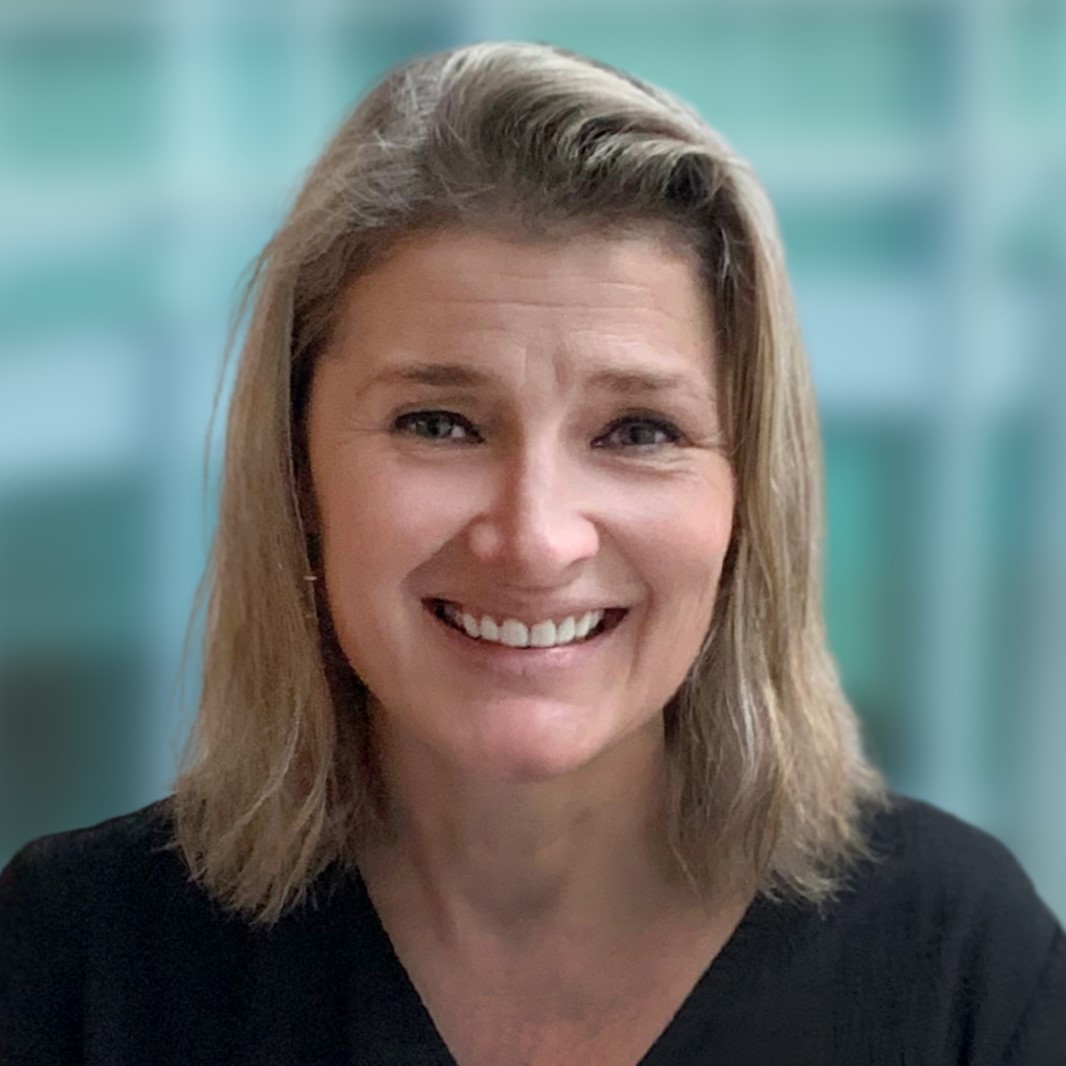In the latest in our regular series, Portfolio Adviser hears from Liisa Juntunen, head of distribution at Mirabaud Asset Management (pictured below right)
Which particular asset classes and strategies do you anticipate your intermediary clients focusing on in 2024?

Despite the fact active equities overall remain in net outflow across Europe, the conversations we are having with our clients suggest there is growing interest in specialised equity strategies that provide opportunities outside of the top-heavy, concentrated equity markets. For Mirabaud Asset Management, this includes Global Dividend and also our Discovery Europe strategies targeting small and mid-cap equities. We built our reputation in Swiss small and mid-cap equities – unsurprisingly, given our Swiss heritage – and continue to enjoy success with these strategies on the continent.
Within fixed income, given the complex market conditions and rapid rate-change environment, flexible strategies remain critical and we would expect to see continuing interest in our strategic bond strategy, given its dynamic, ‘go anywhere’ approach. I will also mention convertible bonds, which are a continuing success story for us, with some key supporters of our fund in the UK intermediary market.
Should end-investors – and, by association, asset managers – be thinking beyond equity and bond investments? Towards what?
Convertibles. They can provide the best of both equities and bonds, with the potential to reduce overall portfolio risk. Top-heavy equity markets are a classic rationale for holding convertibles, with investors able to diversify from equities but without giving up their returns from them completely.
Private assets also offer many interesting investment ideas outside of traditional portfolios. We are seeing increasing interest here from long-term investors, attracted by the opportunity to bring fresh capital to new and exciting projects – many with sustainable ambitions.
“Our approach to private assets is to partner with industry experts with deep knowledge and great connections.”
To what extent do private assets and markets fit into your thinking? What are the current pros and cons for investors?
The lack of access has been a barrier to investors in the past but new fund structures are creating a growing investor base. We are seeing traction here across Europe and I do not see why it would be any different in the UK, with the right fund structures and distribution platforms in place.
Private assets are a key asset class for us at Mirabaud Asset Management. It has always appealed to our entrepreneurial spirit and our approach is to partner with industry experts with deep knowledge and great connections. This means we can target some really interesting sectors, including those with innovative responses to sustainability challenges – such as housing and food production. These provide not only inspiring stories but also promising investment opportunities.
Given client and regulatory pressure on charges, how is your business delivering value for money to intermediaries and end-clients?
With the ongoing pressure on fees, the only way for smaller firms to ensure their future security is to continue to focus on the client experience. I do believe that, if there is one type of business that knows how to look after clients, it is a Swiss private bank – the Mirabaud Group has been doing this successfully for more than 200 years. We know from our client feedback that what they value is good access to the investment teams – whether this is through meetings, webinars, market insights or quick responses to questions. This helps our clients to make well-informed decisions on behalf of their own clients.
How much of your distribution is currently oriented towards climate change, net zero, biodiversity and other segments of sustainable investing? How do you see this approach to investing evolving?
Nearly all our funds are SFDR 8 and 9. Some funds were created specifically to tackle climate change issues, such as our Climate Bond fund, and our latest private assets opportunity to address global food production challenges, Regenerative Growth.
More broadly, it is difficult to predict client sentiment in the short term but there is no doubt that it cannot be ignored indefinitely. The approach to investing sustainably will become more sophisticated, with a broader investment universe, greater transparency, clarity on regulation and more effective reporting. Right now, it is a challenge for investors and we all have a part to play to ensure that we develop the right tools and language to remove the hurdles.
How are you now balancing face-to-face and virtual distribution? In a similar vein, how are you balancing working from home and in the office?
We have allowed the ‘new normal’ to be effectively shaped by demand and, in this way, we have found a natural equilibrium that works well for our clients, the business and for employees. This means clients and prospects can choose what works best for them. The increase in virtual meetings is often viewed positively as we can offer clients even more immediate access to the investment teams. For employees, this means flexible working options that ultimately allow them to optimise the time they spend with clients, prospects and each other.
What do you do outside of work?
We have recently acquired a puppy called Pablo and training him is practically a full-time job – but a very rewarding one. I started learning to play the piano during Covid and this helps me relax and take my mind off the day-to-day. When I seek peace and tranquillity, you will find me in Finland or rural France.
What is the most extraordinary thing you have seen?
I can tell you the most extraordinary thing I have not seen but should have – the Northern lights. Growing up in Northern Finland this really is quite extraordinary – and I even managed to miss them recently in the UK.
In what ways do you see the asset management sector evolving over the next few years?
I can say with some certainty that the active-passive debate will continue well into the distant future – and neither side will win. There is no market if everyone is passive, and active will sometimes disappoint. Choosing an asset class is of course a critical decision but it is not the only decision and I believe the asset management sector will always offer choice. While it is true the biggest asset managers keep growing – with consolidation driving much of this – that does not mean there will not be a place for smaller, high-conviction investment firms with great ideas and the courage to innovate.










